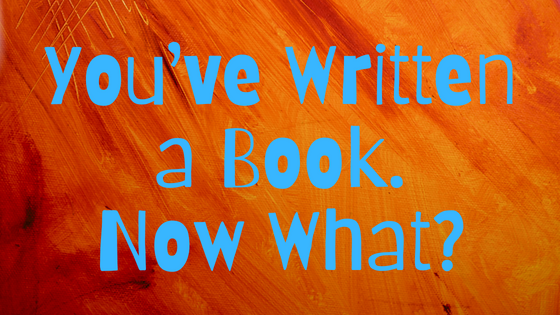What I've Learned Recently about Book Marketing
/I’ve attended some Sisters in Crime chapter presentations recently, and I’m loving that I can experience speakers and workshops from all over the country. Here’s what I’ve learned recently about book marketing from Chessie, Grand Canyon Writers, and Central Virginia chapters.
From Brian Paone’s session on effective marketing, I learned:
You cannot wait for readers or sales to come to you.
If you decide to write in a new genre, be prepared that it will be almost like starting over with your marketing and platform-building.
Your website, headshot, and social sites need to look professional. You also need to look professional on virtual calls and in-person events.
For in-person events where you have an author table, you need to make it unique and attractive. You want people to approach you. Make sure to take a look at how your table looks to the audience before the doors open. Make sure that all book covers face the audience (and not you).
Have a good elevator pitch about your book(s). You need to practice this and be ready, but you don’t want it to sound too rehearsed.
When you are at in-person events, stand as much as possible. Stay off your phone and smile. You want to be approachable.
When someone approaches your table, be the first to speak. At in-person events, readers want to connect with authors. Be conversational.
Nicolette Lemmon had some very helpful advice. You also need to check out her book for writers at any stage. It’s called Write. Market. Succeed. An Author’s Marketing Playbook.
Know where your readers are. Know what social media platforms they prefer.
If you are trying to figure out who your reader is, go on social media and find authors that are similar to you. Look at what they are doing and look at their reviews. You’ll get an idea of what their fans like.
Start your marketing plans BEFORE your book is out.
You have about 8 seconds to get someone’s attention on social media.
You have about 30 seconds when you talk to someone about your book to get your key points across. Make sure you have a short elevator speech ready to go.
Your audience has to see your message 7 times before they remember and recognize you/your work.
Make sure you stay visible on your website and social media.
Your website is your online office. Make sure that you update it regularly.
Google yourself to see what comes up.
Pay attention to your writing business.




















